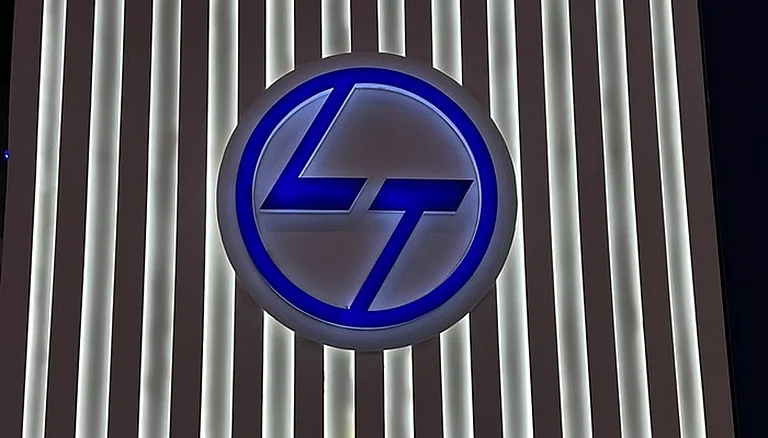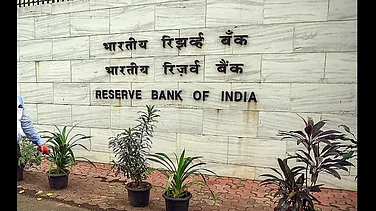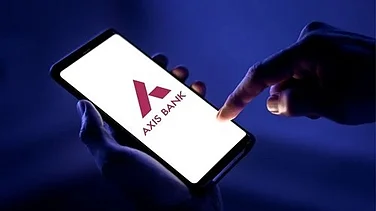When the pandemic struck, most financial institutions went into crisis mode, concentrating on creating digital capabilities that would allow customers to the bank without going to a branch. With the use of data, analytics, technology, creativity, and people to transform consumer experiences,banks and credit unions must reconsider the concept of "digital banking" in 2021. When we look back on 2020, financial institutions should be proud of how they reacted to a crisis that no one had expected. Faced with imminent branch closures and the need to develop digital capabilities ranging from end-to-end digital account opening and lending capabilities to Paycheck Protection Program (PPP) small business loans, several businesses did something that seemed unlikely just days before. The ability to conduct business hinged on banks and credit unions' ability to react rapidly to customer needs using technology to help legacy processes and workforces adjust to a new standard. Digital transformation has accelerated through the entire banking ecosystem. Banks that take advantage of digital banking's efficiency, versatility, and convenience will thrive in 2021.
The past year has reset the way companies in a number of sectors working on a regular basis. Banks have always been technology trailblazers and the pandemic has only intensified their digital initiatives. Let's take a look at some of the developments that are expected to change the banking industry in 2021:
Newer technology initiatives in connected banking: In the year 2021, there will be a renewed emphasis on automation which will lead to the emergence of connected banking. Banking operations will become much more agile with a growing need to access data at any time and from any place. In 2021, important programmes such as fighting loan fraud, cybercrime, customer voice recognition and video interactions with banks will take on a whole new meaning.
New Fintech players with AI solutions can assist financial institutions in moving away from credit ratings based on credit repayment history and towards alternative data.
AI would make lending more intelligent.
Customers would benefit from Blockchain's transparency and protection by removing manual processes and reducing transaction times dramatically. The transition to blockchain would extend banks' scope to small and medium-sized businesses.
Customer Experience (CX) and operational performance are critical drivers of digital transformation: Banks are focused on enhancing operational performance and customer service to better represent customers at all touchpoints as Covid-19 reshapes customer perceptions and competition heats up.
The concept of Banking-as-a-Service (BaaS) has evolved: BaaS is an end-to-end mechanism that allows third parties to link directly to a bank's systems in order to create products on top of the controlled infrastructure of the bank. BaaS is expected to grow significantly in 2021.
Information protection would become a top priority: The growing popularity of remote operations means more important and sensitive data, especially financial data, is being exchanged on the cloud between banks and customers. In order to exchange safe and checked consumer and financial data, cybersecurity and access management will be important. Blockchain technology is gaining popularity as a key enabler of information security and it can be used to validate consumer data across multiple channels.
The ever-evolving high-tech environment has left humans desiring high-touch (the presence of personal attention and service): High-touch applies to cases in which the client and the employee must trust each other. With the growing influence of millennials, both consumers and new-age banking workers, sustaining valuable relationships in the banking sector would require a personal touch in addition to emerging technology. Any company that can be both "high-tech" and "high-touch" in the future would be a winner.
Hybrid banking's rise: In 2021, banks that combine the quality, versatility, and convenience of digital banking with the personalization, relationships, and in-person experience that digital self-service cannot provide will be effective.
The Future of Work Has Been Redefined: Organizations acknowledged the substantial skills gap created by a transition in customer interaction to digital platforms and upskilling became a business imperative. Aside from reskilling, most analysts do not believe that conventional corporate office spaces will return anytime soon. As businesses look for ways to cut costs and compete more effectively with digital businesses, remote work will become more popular.
In the year 2021, there will be a renewed focus on automation and the advent of connected banking. Banking operations will become more flexible as the need to access data at any time and from any location increases. A strong partnership with fair competition would be the way forward.
The author is Co-Founder, StashFin.
DISCLAIMER: Views expressed are the author’s own, and Outlook Money does not necessarily subscribe to them. Outlook Money shall not be responsible for any damage caused to any person/organisation directly or indirectly.



























